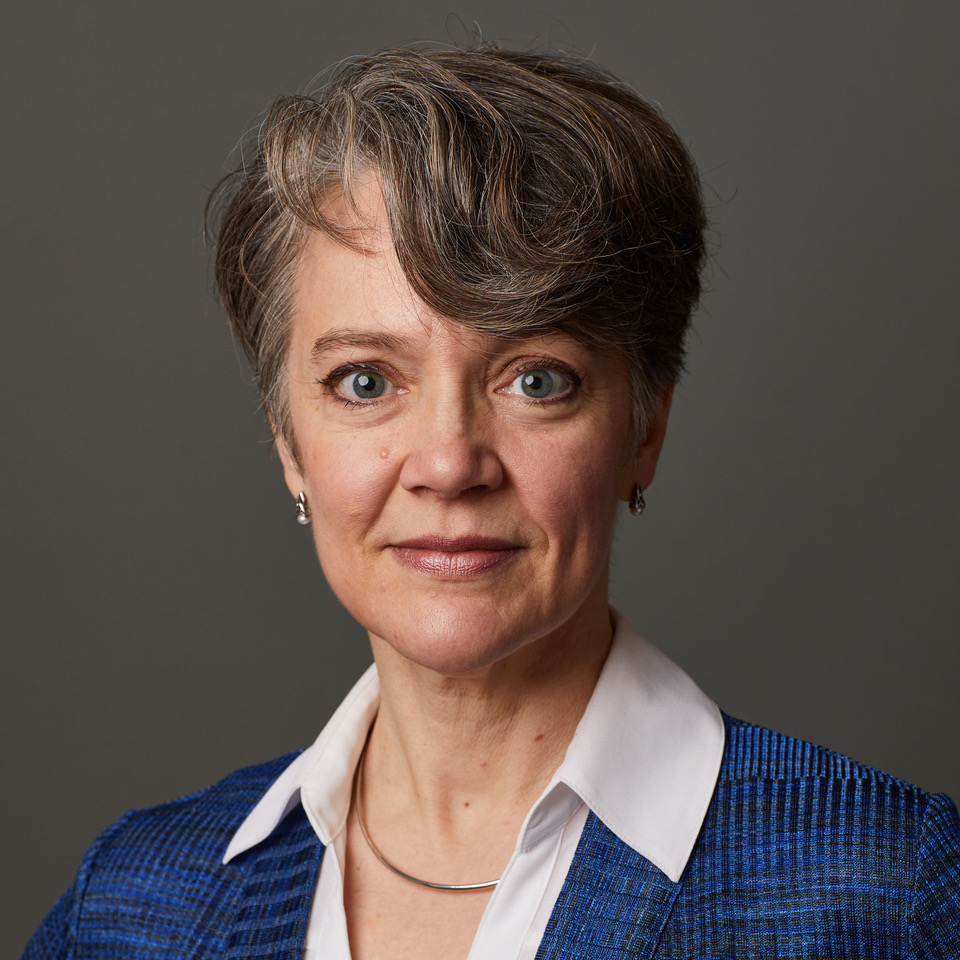What sets Weill Cornell apart from other institutions?
We combine the strengths of an urban medical school with the reputation of an elite research institution, giving us the opportunity to do innovative research and apply it to genuine practical problems in the health care system. Our particular department (the Department of Population Health Sciences) is relatively new and is growing rapidly, bringing a very real sense of excitement and expansion to everything that we do.
What do you feel are the strengths of the Weill Cornell Graduate School?
The graduate school has some of the top researchers nationally in their fields, but is also small enough to have a real concern for students.
What do you most enjoy about working and living in New York City? What types of opportunities does this allow you both professionally and personally?
New York is one of the most economically and culturally diverse places on earth. I've had a chance to apply my work to help the poorest patients who need the most assistance in the Bronx and Manhattan, work with data from the wealthiest parts of town, as well as the poorest, and get involved in really interesting policy issues in healthcare and information technology. I'm also a classical musician. Being in New York gives me the opportunity to perform regularly all around the city (including right here as part of Weill Cornell's Music and Medicine Initiative) and to hear a tremendous variety of performances of music dating from the 12th to the 21st centuries.
What do you enjoy most about working with graduate students?
Graduate students are particularly gratifying to work with because they learn so much so quickly and start applying their new skills right away. I really enjoy teaching our health informatics methods class and mentoring students as they start applying the methods to problems that interest them. I also really enjoy seeing them move on to apply what they have learned in new jobs and new settings, and knowing that I helped set them on that path.
What is your proudest accomplishment at Weill Cornell thus far?
In terms of teaching, I am very proud of my role in launching our first health informatics graduate training program, of winning the Weill Cornell Medical College award for teaching excellence in 2013 and in being the one of the most popular medical school lecturers, despite the fact that I was teaching statistics!
In my research career, I'm very proud of my recent studies showing how doctors are using electronic health records to affect healthcare quality. I’m also very happy I had the opportunity to do an interview project detailing the heartbreaking challenges patients with chronic disease are faced with while tracking their own medical data and managing their medical records.
What do you hope to achieve in the future?
Information technology offers tremendous opportunities to improve the quality of the U.S. healthcare system and extend its resources to the patients who need it the most. But it cannot deliver on this promise unless it is designed to complement human cognitive capacity and unless its data are analyzed in ways that will benefit patients. I hope my work helps us achieve these goals.
What advice would you give to applicants?
When applying to our graduate programs, you should demonstrate to us that you combine strong academic performance with driving intellectual curiosity and a commitment to improving the U.S. healthcare system through information technology and data.

